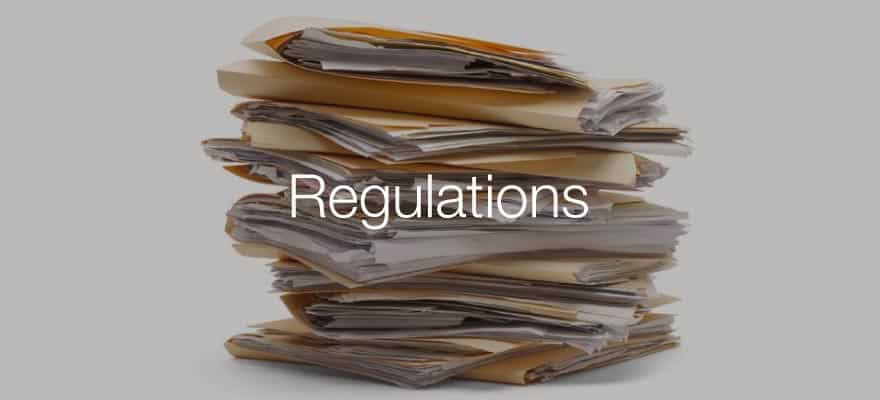Increasingly CFD and FX dealers are looking to provide financial services in highly-regulated jurisdictions. Many of these dealers are unaware that Australia offers a little-known exemption to the financial services licensing requirements.
Under the Corporations Regulations 2001 (Reg 7.6.02AG), foreign CFD and FX brokers do not need to hold an Australian Financial Services Licence (AFSL) when dealing with professional investors in Australia. Reg 7.6.02AG is particularly useful in the current global regulatory environment where CFD and FX dealers face extensive delays when seeking to obtain licensing.
What is Reg 7.6.02AG?
Reg 7.6.02AG(2E) provides an exemption for CFD and FX dealers to hold an AFS Licence when:
- the entity providing the financial service (i.e. advising, dealing, or making a market in derivatives or foreign Exchange contracts) is not an Australian entity and is not “in this jurisdiction”;
- the client is a "professional investor" as defined by the Corporations Act 2001; and
- the entity is only providing advice, dealing, and market making services in derivatives and foreign exchange contracts.
Am I “in this jurisdiction” (Australia)?

Sophie Gerber, a Director at Sophie Grace and TRAction Fintech
This is not a black and white concept, but rather takes into consideration a range of factors and circumstances on the balance of facts. A good summary starts on page 13 of ASIC’s Regulatory Guide 121, and we encourage everyone to read through this before launching into use of Reg 7.6.02AG.
It is important you read through this guidance carefully and obtain advice if you are unsure whether you are captured or not.
In the internet age where websites and advertisements can be accessed around the world, it is important that you are not construed as ‘inducing’ Australians. ASIC provides some guidance around this at RG121.51-52. However, we encourage you to speak to a professional regulatory lawyer and carefully review your online marketing settings to avoid attracting unwanted regulatory attention.
ASIC also notes “The courts’ interpretation of the phrase ‘carrying on a business in Australia’ is also relevant to the issue of whether you are carrying on a financial services business in Australia. The courts stress that whether a body corporate’s activities constitute ‘carrying on a business in Australia’ depends on the factual circumstances. Cases indicate that the degree to which a body corporate’s activities in Australia are conducted with system, regularity and continuity generally determines whether the activities can be characterised as ‘carrying on a business in Australia’.”
What is a professional investor?
The Corporations Act 2001 defines a "professional investor" in section 9 as incorporating a number of different options, but notably can be any person who:
- is an AFSL holder;
- controls at least AUD 10 million;
- a financial products investment business; or
- is a listed company or related entity of a listed company.
The client only needs to meet one of the above criteria to qualify as a professional investor and we recommend reviewing the entire list of qualifiers.
The Australian Securities and Investments Commission (ASIC) oversees the financial services and credit industries and is responsible for the licensing regime. ASIC operates a tightly regulated financial services market, and at present, it is difficult for Australian entities to obtain CFD and FX financial services licences. It is well known that ASIC has not granted a CFD or FX dealer AFS Licence for some time.
CFD and FX dealers are also facing licensing delays overseas as global regulations tighten and regulators seek better and stronger control over the financial services providers within their reach. The Reg 7.6.02AG exemption is helpful for foreign CFD and FX brokers looking to provide these services because it will allow them to build a presence in the Australian market, certainly more quickly than their Australian counterparts who face significant licensing hurdles.
In addition to not needing an AFS Licence, foreign CFD and FX brokers are also relieved of certain disclosure Obligations that are imposed on Australian CFD and FX brokers. ASIC Regulatory Guide 121 (RG121) states that where an entity is relying on Reg 7.6.02AG the entity is exempt from providing its clients with a Product Disclosure Statement.
What else do I need to do?
Make sure that you are compliant with the requirements of where you are operating from and where you are accepting clients from. We encourage you to seek specialist local advice in this regard.
If you would like to discuss the Reg 7.6.02AG in more detail or for further assistance with your AFS Licence obligations please contact us.
Sophie Gerber, a Director at Sophie Grace and TRAction Fintech.
















